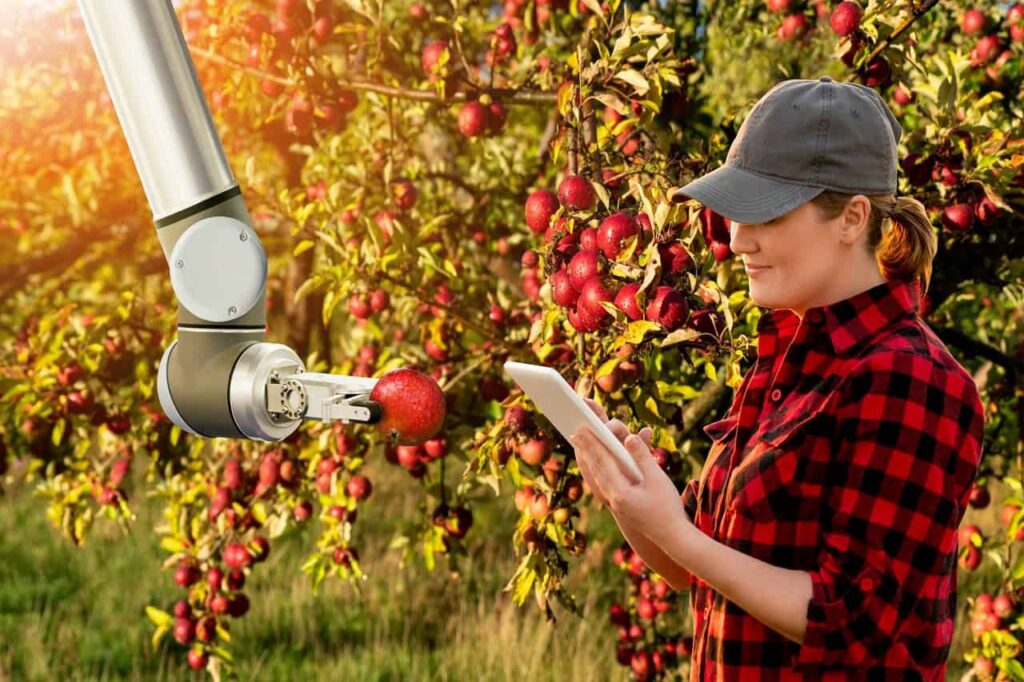
Imagine a garden where plants can tell you when they’re thirsty or need a trim. In a groundbreaking project, England’s Royal Horticultural Society (RHS) is teaming up with Microsoft to unveil an intelligent garden that leverages artificial intelligence (AI) to assist gardeners and engage visitors. This initiative promises not only to revolutionize plant care but also to demonstrate the role of AI in promoting sustainability.
What Is the Intelligent Garden?
Set to debut at the Chelsea Flower Show next year, the intelligent garden integrates AI and sensor technology to monitor its environment and communicate with gardeners. Powered by Microsoft’s Azure Open AI Service and developed in collaboration with AI start-up Avanade, the system analyzes environmental data such as soil moisture, nutrient levels, wind patterns, and rainfall.
The garden’s AI doesn’t just sit silently; it interacts. Visitors can ask questions via virtual platforms, and the AI responds conversationally with insights like, “I need more water,” or “I could use a trim.” This engaging feature provides a tangible example of how AI and IoT (Internet of Things) technologies can enhance conservation efforts and improve resource management.
How Does It Work?
The garden’s operation relies on a network of sensors embedded throughout the space. These sensors measure key environmental factors, including:
- Soil pH and moisture levels.
- Nutrient concentrations.
- Weather conditions such as wind speed and projected rainfall.
The data flows to an AI model housed in a nearby pavilion. Using this information, the system advises on optimal watering, feeding, and trimming schedules. For example, it might suggest delaying irrigation if rainfall is expected, thereby conserving water—a crucial step in sustainable gardening.
Why This Matters
AI-assisted gardening offers significant benefits:
- Efficiency: Sensors and AI models ensure resources are used effectively, avoiding overwatering or over-fertilization.
- Sustainability: By tailoring care regimens to actual plant needs, gardeners can reduce waste and environmental impact.
- Education: The project shows how AI can address critical environmental challenges in horticulture, inspiring both casual gardeners and agricultural professionals.
Tom Massey, one of the garden’s designers, sees this initiative as a step toward a greener future. “AI can assist gardeners to help make a meaningful impact that will help us all garden and grow more sustainably,” he said in a press release.
AI: An Assistant, Not a Designer
While AI plays a crucial role in monitoring and communication, the physical design of the garden remains a human endeavor. Massey and co-designer Je Ahn adopted a forest garden concept to create a lush, biodiverse space. The exhibit will evolve into a community garden after its conclusion, ensuring its benefits extend beyond the show.
“AI hasn’t designed the garden; AI is assisting the gardeners looking after it,” Massey emphasized in an interview with The Independent.
The Bigger Picture
AI’s application in gardening is not entirely new. Farmers already use precision agriculture to optimize soil health and improve crop yields, while gardeners turn to apps and chatbots for plant identification and care advice. However, the intelligent garden takes this a step further, showing how AI can integrate seamlessly into everyday horticulture.
Explore more about the RHS’s intelligent garden and how it’s paving the way for sustainable gardening here.